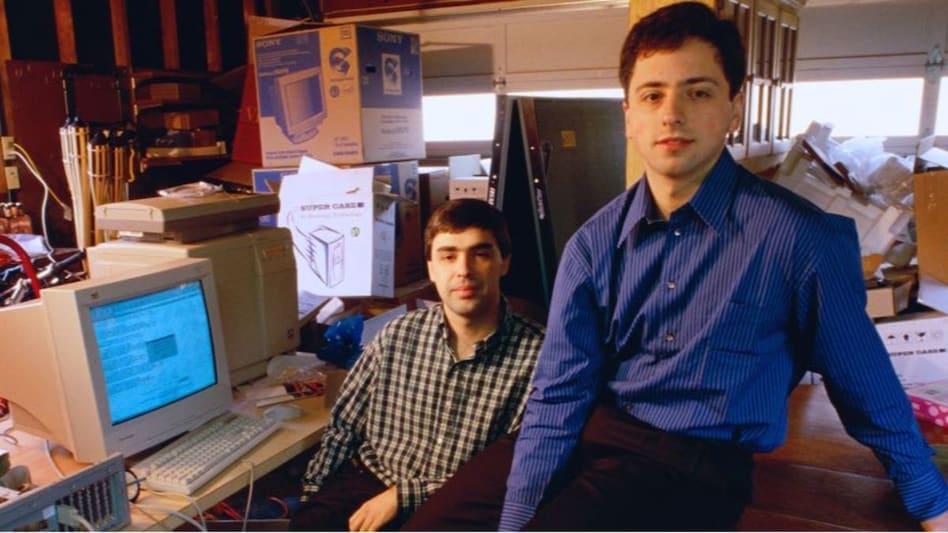The story begins in a humble dorm room at Stanford University, where Larry Page and Sergey Brin met and began working together on a research project. Their goal was to create a search engine that could organize the vast and chaotic landscape of the World Wide Web. At the time, existing search engines relied on rudimentary algorithms that produced mediocre results. Page and Brin envisioned something better, something that could revolutionize the way people accessed information online.
In 1996, they developed a prototype search engine called "Backrub," which operated on Stanford's servers. Backrub used a novel approach to ranking web pages based on the number and quality of links pointing to them. This algorithm, which they would later rename "PageRank," became the foundation of Google's search technology. It allowed Google to provide more relevant and accurate search results than any other search engine of its time.
Recognising the potential of their invention, Page and Brin decided to turn their project into a business. They incorporated Google as a company in September 1998, and the domain "Google.com" was officially registered. The name "Google" is a play on the word "googol," which represents the number 1 followed by 100 zeros, a reflection of their mission to organize the vast amount of information available on the internet.
In 1999, Google received its first major investment of $25 million from venture capitalists, fueling its growth and expansion. Google's clean and minimalist design, coupled with its powerful search capabilities, quickly won over users. It became the go-to search engine for people all over the world.
Google didn't stop at just being a search engine. Over the years, it diversified its product portfolio with innovations that have had a profound impact on how we live, work, and communicate. In 2004, Google introduced Gmail, revolutionizing email with its generous storage space and innovative features. Google Maps, launched in 2005, changed the way we navigate and explore the world. And in 2008, Google's Android operating system was born, powering billions of smartphones worldwide.
One of Google's defining moments came in 2004 when it went public in a highly anticipated initial public offering (IPO). This move turned Page and Brin into billionaires and solidified Google's position as a tech giant. It also allowed the company to raise the capital needed to continue its ambitious projects and acquisitions.
Google's commitment to innovation led to the creation of Google X, its secretive research and development lab responsible for groundbreaking projects like self-driving cars and Google Glass. While not all of these ventures were commercial successes, they demonstrated Google's willingness to push the boundaries of technology.
The company's commitment to sustainability and renewable energy is also noteworthy. Google has made substantial investments in renewable energy projects and is committed to operating as a carbon-neutral company. It's a reflection of the company's awareness of its environmental impact and its dedication to a sustainable future.
As Google celebrates its 25th birthday, it's clear that the company's journey from a dorm room project to a global tech powerhouse has been nothing short of extraordinary. Its impact on the way we access information, communicate, and navigate the world is immeasurable. What began as a humble search engine has transformed into a conglomerate of services and products that touch almost every aspect of our lives. Google's commitment to innovation, user-centric design, and a sustainable future ensures that its influence will continue to shape the tech landscape for years to come. Happy 25th birthday, Google!
Writer. Priti kumari

























